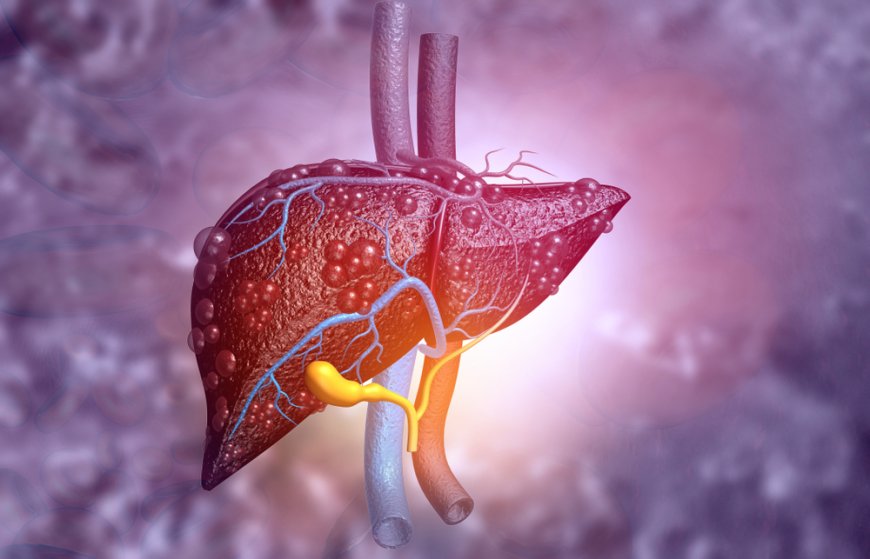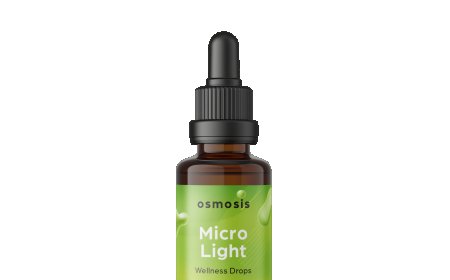How to Prepare for a Liver Function Test with GGT
Learn how to prepare for a liver function test with GGT. Follow this step-by-step guide for accurate results and better liver health evaluation.

When your doctor recommends a liver function test with GGT (Gamma-Glutamyl Transferase), it's usually to assess the health of your liver or check for signs of liver damage. GGT is an enzyme found in the liver, and its levels in your blood can rise due to liver disease, bile duct issues, or excessive alcohol intake. Preparing properly for this test is essential to get accurate results and avoid misdiagnosis or the need for repeat testing. In this article, well walk you through a detailed, step-by-step guide to help you get ready for your liver function test with GGT.
What Is a Liver Function Test with GGT?
A liver function test is a group of blood tests used to evaluate how well your liver is performing its essential functionslike detoxification, protein production, and metabolism. One of the key enzymes measured in this panel is Gamma-Glutamyl Transferase (GGT). GGT plays a critical role in helping the liver break down drugs and toxins. High levels of GGT in the blood may indicate problems such as fatty liver, hepatitis, bile duct blockages, or alcohol-related liver damage. Doctors often use this test when there are symptoms like jaundice, fatigue, unexplained weight loss, or abnormal results in previous liver tests. Its also a valuable screening tool for individuals who consume alcohol frequently or take liver-impacting medications.
Follow Your Doctors Instructions
The first and most important step is to follow the instructions given by your healthcare provider. These directions are usually based on your medical history, medications, and the specific reason the test is being ordered. Your doctor might advise you to fast, avoid certain drugs, or follow a specific schedule. Every individuals case can differ, so be sure to clarify all steps with your physician to ensure accurate results.
Fasting Before the Test
In many cases, fasting is required before a liver function test with GGT. Typically, this means not eating or drinking anything except water for 8 to 12 hours prior to the blood draw. Food, especially fatty meals, and sugary beverages can interfere with test results and may lead to a false elevation of certain liver enzymes. During the fasting period, avoid coffee, tea, juices, and chewing gum as they can stimulate digestion and possibly impact the test. If you are diabetic or on medications that require food intake, talk to your doctor about whether you need to fast and how to manage your schedule.
Avoid Alcohol for At Least 2472 Hours
Alcohol has a direct and immediate impact on GGT levels. Even small amounts can elevate GGT and produce inaccurate results. Therefore, you must avoid all forms of alcoholbeer, wine, spiritsfor at least 24 to 72 hours before the test. In some cases, especially if alcohol consumption is frequent, your doctor may ask you to abstain for up to a week to allow your GGT levels to normalize. If you drink regularly, its crucial to share that information with your physician so they can correctly interpret the test.
Review Medications and Supplements
Many prescription and over-the-counter medications can impact your liver enzymes, including GGT. These may include cholesterol-lowering drugs (statins), anti-seizure medications, certain antibiotics, antidepressants, and non-steroidal anti-inflammatory drugs (NSAIDs) like ibuprofen. Herbal remedies and supplements like kava, comfrey, and high doses of vitamin A may also influence liver function. Never stop taking prescribed medications on your own. Instead, inform your doctor of everything you are taking, including supplements and herbal products. Your doctor will advise you whether any of them need to be paused before the test.
Avoid Intense Exercise Before the Test
While regular physical activity is good for your overall health, intense or vigorous exercise within 24 hours of the test can temporarily increase certain liver enzymes, potentially affecting your results. Its best to take it easy the day before and ensure you get enough sleep and hydration. Mild walking or light stretching is generally safe, but avoid heavy workouts, weightlifting, or long cardio sessions until after your blood draw is complete.
Disclose Any Existing Medical Conditions
If you have ongoing medical conditions such as diabetes, hepatitis, or autoimmune disorders, they can affect your liver test results. Its important to inform your healthcare provider of any known health conditions or recent illnesses. Even temporary infections or the use of antibiotics can impact liver enzymes. Sharing complete health information allows your doctor to better understand your test results and determine whether follow-up testing is necessary.
Choose a Reputable Lab for Accurate Results
The reliability of your test results also depends on the quality of the laboratory conducting the test. Choose a lab that is certified and experienced in handling diagnostic tests. Timely processing and proper handling of blood samples are essential for accurate reporting. In Pakistan, you can conveniently book your liver function test through Al Nasar Lab via InstaCare, which offers trusted services and fast reporting.
What to Expect on Test Day
On the day of your test, try to arrive a little early and stay relaxed. Wear clothing that allows easy access to your arm, as the test involves drawing a blood sample from a vein, usually in the elbow crease. If you have needle anxiety or have fainted during blood draws before, let the technician know so they can take appropriate precautions. The process is quick and usually painless, with results available within 24 to 48 hours, depending on the lab.
After the Test: What Happens Next?
There are typically no restrictions after the test, and you can resume your normal routine. If you had been fasting, its a good idea to have a healthy snack afterward. You might experience a little bruising or tenderness at the puncture site, but that usually resolves within a day. Once your results are ready, your doctor will review them and determine whether further testing, treatment, or lifestyle changes are needed based on your GGT and other liver markers.
Conclusion
Preparing for a liver function test with GGT is simple but vital for getting the most accurate results. Fasting, avoiding alcohol, disclosing medications and health conditions, and choosing a reliable lab are key steps. By following these guidelines, you can ensure your results reflect your true liver health and help your healthcare provider make informed decisions. Whether this is your first test or a routine check-up, proper preparation can make a big difference in how your liver is evaluated and managed.











































